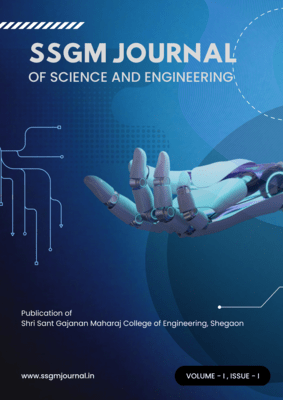Smart Malaria Detection: A Deep Learning-Based Diagnostic Tool for Remote Healthcare
Keywords:
Convolution neural network (CNN), Image processing, machine learning, malaria disease detection, deep learning.Abstract
Malaria remains a critical global health challenge, particularly in tropical and subtropical regions where healthcare resources are often limited. Early and accurate diagnosis plays a vital role in reducing mortality and controlling the spread of the disease. Traditional diagnostic methods such as microscopic blood smear examination and Rapid Diagnostic Tests (RDTs) have been widely used, but they are prone to human error, require trained personnel, and may not always yield reliable results. This project presents an advanced, automated malaria diagnosis system utilizing deep learning techniques—specifically, Convolutional Neural Networks (CNNs)—to analyze blood smear images for the presence of Plasmodium parasites. A real-time dataset comprising infected and uninfected red blood cell images was collected and preprocessed to improve image quality and standardization. The CNN model was designed, trained, and evaluated using TensorFlow and Keras, achieving a classification accuracy of 98%.The system also integrates a graphical user interface (GUI), enabling healthcare professionals and even non-experts to upload images and receive immediate diagnostic feedback. This makes the tool highly practical for deployment in rural clinics and remote healthcare settings where expert microscopists may not be available. By combining high-performance deep learning algorithms with a user-friendly interface, the proposed system provides a reliable, efficient, and scalable solution for malaria detection. This project not only improves diagnostic precision but also contributes toward the global fight against malaria by promoting accessible and technology-driven healthcare solutions.


